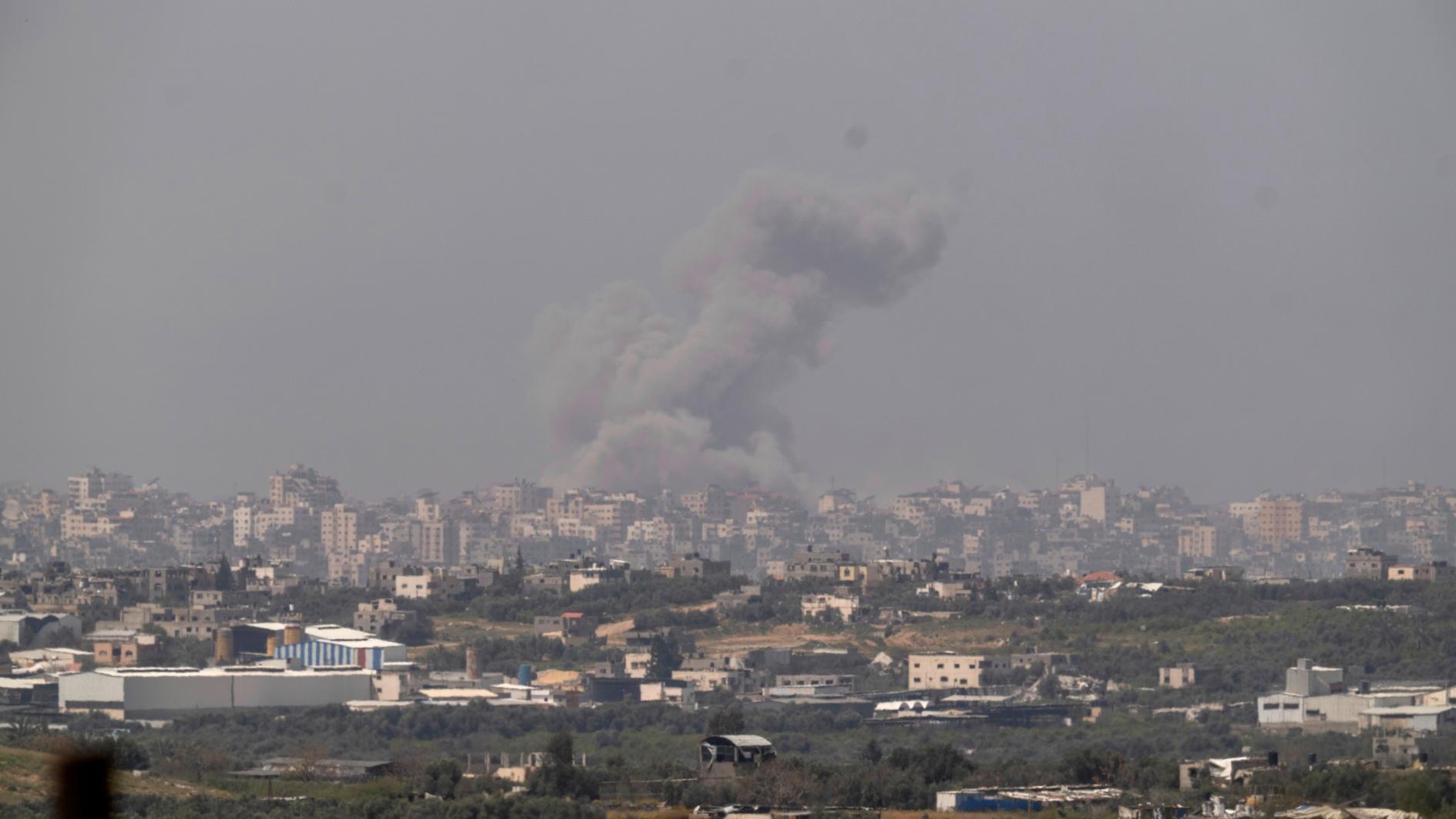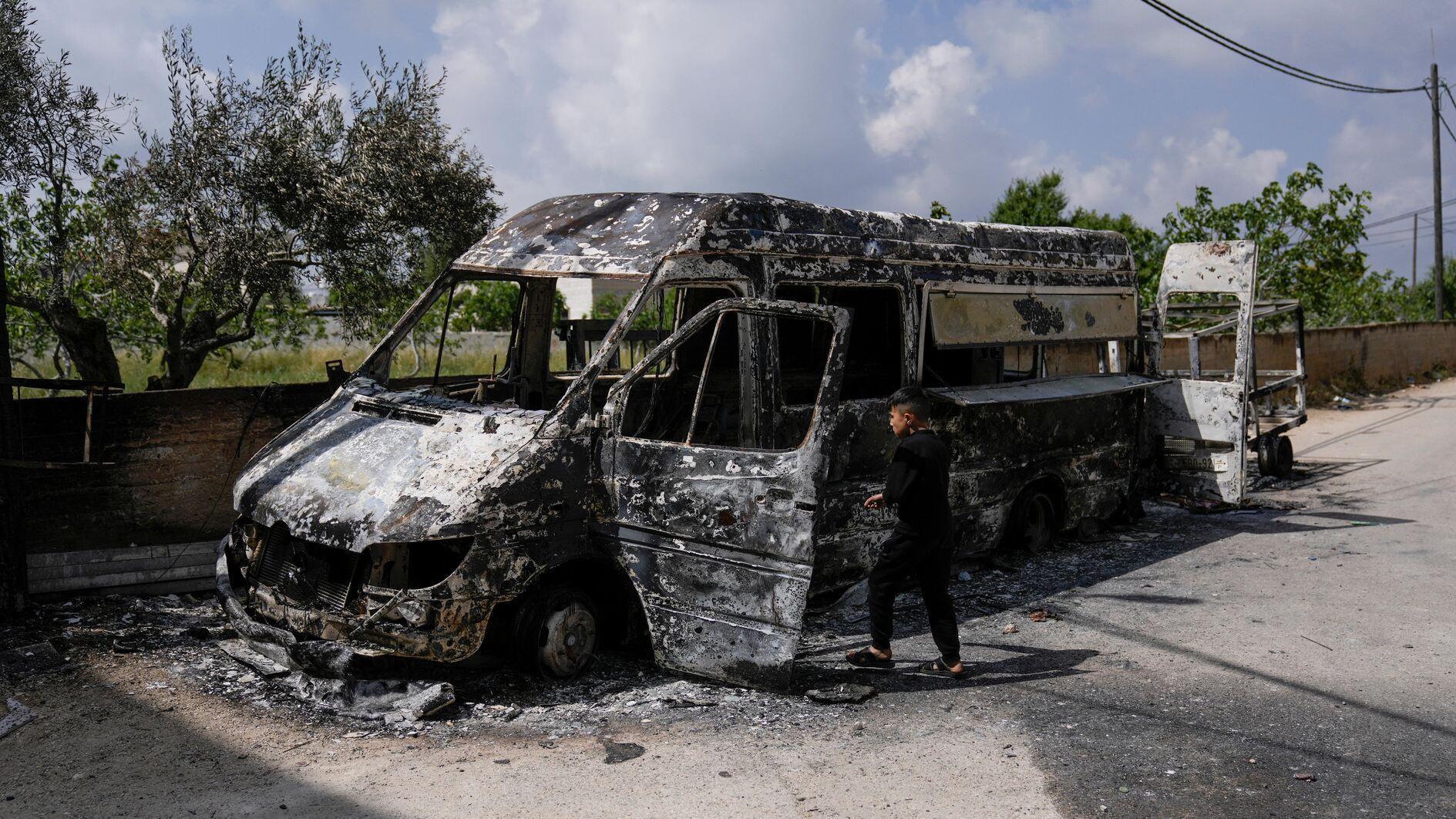Doing (Don’t Do) Business
One of my favorite Turkish constructs is the “me/ma” suffix, which could mean “ing” or “don’t.” So “iş yapma” would be the Turkish for the World Bank’s annual Doing Business report. It could also translate as “don’t do business.”
In all fairness, you could not say that for Turkey from the latest version of the report, which measures how difficult it is to open and run a small- to medium-size business when complying with regulations. While it fell four spots to 55th in this year’s rankings, it was ranked 71st in 2012. And as Martin Raiser, the Bank’s country director for Turkey, noted last year, Turkey’s score is “largely as expected for an upper middle-income country.”
Besides, the country has made dealing with construction permits, one of the 10 areas the report measures, easier, with the remaining nine staying broadly unchanged. Turkey’s fall in the rankings is because of other countries’ improvements rather than its own backpedalling. In fact, almost half of the G-20, including other emerging markets like Brazil, China and South Africa, fell as well.
Moreover, a recent paper found virtually no correlation between the Doing Business findings and those from the Bank’s enterprise surveys, which are based on interviews rather than laws and regulations. For example, the actual time companies tell surveyors they spend on obtaining construction permits or operating licenses turns out to be “much, much less” than the times reported in Doing Business.
I am sure this result would not surprise Turkish businessmen, who are used to getting around regulations by loopholes or paying off officials. In that sense, the gap between the two surveys could be a proxy for the degree of corruption and/or uncertainty businesses are facing with respect to laws.
In any case, the report does not take some of the most important aspects of doing business into account. For example, would you invest in a country in a time of political uncertainty and terrorism? I wouldn’t – and didn’t: We postponed the investment plans in our family business after the July 20 Suruç bombing and President Recep Tayyip Erdoğan’s announcement to hold re-elections.
Even more importantly, wouldn’t a multinational think twice before entering a country where discretion rules supreme over the rule of law, where the government could literally snag your company at gunpoint, as happened to the Gülenist Koza İpek group this week? On the contrary, you would try to invest abroad, if nothing else for the sake of not putting all your eggs in one basket, especially when you are stuck in a tram driven by a drunk trolleyman.

And that’s what we have been seeing in the data: It is no coincidence that while foreign direct investment (FDI) to the country has slowed down considerably since 2013, Turks’ outward direct investment (ODI) has accelerated. As a result, as fellow Hürriyet Daily News columnist Güven Sak noted back in April, the country’s FDI-to-ODI ratio is at its lowest level since the 2001 crisis.
One would almost think that Prime Minister Ahmet Davutoğlu was joking when he stated, just hours after police raided Koza İpek’s media outlets, that he wanted to make Istanbul a “safe investment haven with our democracy and judicial system.” But I hope he is right that “dictatorial regimes that disregard the freedom of expression, human rights and liberties and limit entrepreneurship liberties are now collapsing.”










